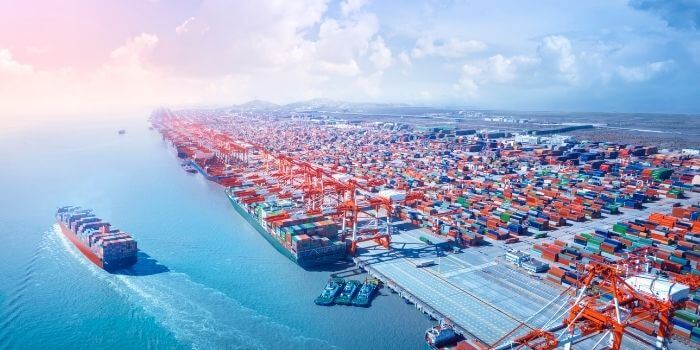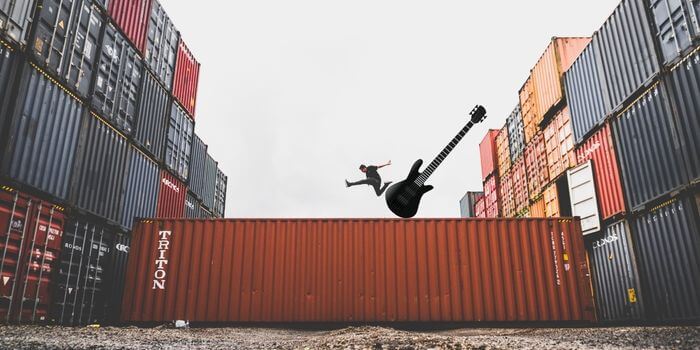In order to access different markets we have to overcome a series of trade barriers, barriers to international trade, that countries impose on exporting companies.
Today we help you understand these obstacles a little better.
What are trade barriers?
These barriers are protectionist measures. Governments use and impose them to reduce import flows into their respective countries. These measures are put in place for both goods and services.
How can we classify barriers to international trade?
We can group them into two groups or categories: tariff and non-tariff. Let’s see!
Tariff barriers
These are tariffs and taxes levied on goods. They must be paid by the importer to the tax authority once the product crosses customs.
In turn, these can be classified as follows:
- Ad valorem or value-added: This involves establishing a % of the total value of the import.
- Specific: Payment of an amount per unit.
- Mixed: This group is made up of a specific together with an ad valorem.
- Compounds: This type is made up of a specific which may be a minimum, maximum or both and an ad valorem. The minimum and maximum are limits per price or product that are established.
- In addition, excise duties are applied to products such as alcohol or tobacco.
Non-tariff barriers
Here we find a series of quotas or quotas that the government establishes according to the quantities of a product to be imported.
These are also licences, technical barriers or voluntary export restrictions (VER). The VER is a quantitative restriction negotiated or voluntary by the exporter.
What specific barriers do we encounter?
Administrative barriers
Based on administrative or bureaucratic rules established by a country to slow down and control the free entry of goods from abroad into the national territory.
Technical barriers
These are specifications or characteristics that the products or goods to be imported must meet before entering a given country. For example: safety, quality, health, homologation, certification…
Environmental barriers
These are also based on regulations, but this time aimed at a certain corporate social responsibility of companies, respect for the ecosystem and the maintenance of the environment.
For example: waste management, recyclable packaging, not using certain polluting components when manufacturing products in companies…
Phytosanitary or veterinary measures requiring quality certificates for animals or plants could also be included in this group. For example: VETER certificate, export health certificate or SOIVRE quality control.
Quantitative barriers
These are the aforementioned tariff quotas, quotas or quotas that limit the maximum quantities of goods allowed to enter a country.
Within this grouping are also import and export trade regimes, licensing, surveillance or certification regimes.
Fiscal barriers
Here we find the rest of the above: taxes. These measures tax the entry of goods into a country. For example: tariffs, VAT or excise duties depending on the products.
Other barriers
Other measures that can be found are the surveillance of imports, mainly agricultural products, textiles, steel, iron or fisheries.
There is also the Common Agricultural Policy (CAP), which protects the entry prices of agricultural products, or reference price safeguards.
All of these measures aim to protect the market from international fluctuations or the fixing of abusive or minimum prices.
Other measures
Countries seek to protect their companies and therefore establish measures to defend competition.
Within this group we highlight anti-dumping duties, countervailing duties and anti-subsidy duties.
We hope we have helped you with this article on the main barriers to international trade. If you have any questions, you can fill in the form below these lines.
At Oftex, Export Consultants, we have been helping small and medium-sized companies to internationalise for more than 20 years. If you want, we can help you too!



